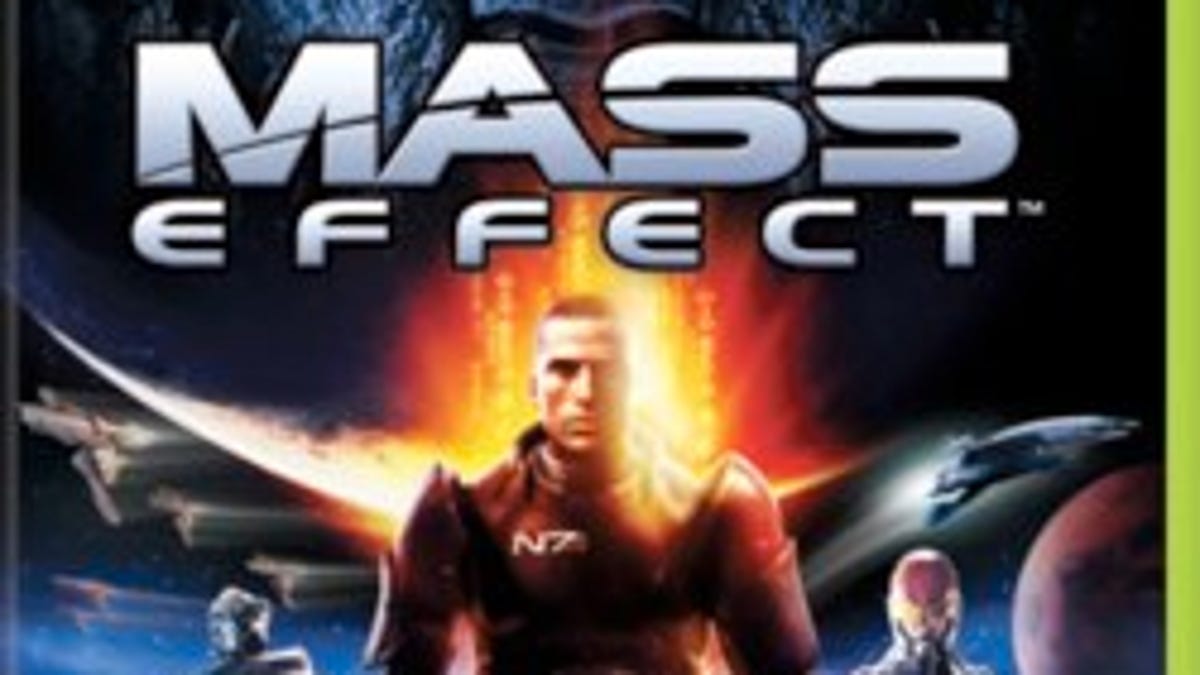BioWare: Japanese RPGs don't get American audiences
Company co-founder says Japanese role-playing games just aren't evolving from where they started, causing most American gamers to look the other way.

In recent years, the U.S. role-playing game landscape has become decidedly dominated by Western-based games, like Mass Effect 2 and the recently released Dragon Age: Origins. But according to Greg Zeschuk, co-founder of role-playing game company BioWare, Japanese developers might have only themselves to blame.
Speaking in an interview with Destructoid, Zeschuk said "the fall of the Japanese RPG (JRPG) in large part is due to a lack of evolution, a lack of progression." Zeschuk added that developers "kept delivering the same thing over and over. They make the dressing better, they look prettier, but it's still the same experience."
But Zeschuk wasn't done. He said the same methods used years ago to advance a story are still being employed in today's Japanese RPGs.
"My favorite thing, it's funny when you still see it, but the joke of some of the dialogue systems where it asks, 'do you wanna do this or this,' and you say no. 'Do you wanna do this or this?' No. 'Do you wanna do this or this?' No. Lemme think--you want me to say 'yes.' And that, unfortunately, really characterized the JRPG."
As someone who absolutely loves role-playing games, that's a tough pill to swallow. I can still remember the good ol' days playing Lunar: Silver Star Story Complete to its completion in an almost nonstop gaming session.
At the same time, Zeschuk makes a point. RPGs are not what they used to be. They have evolved. And so far, the vast majority of Japanese-based RPGs that I've played recently reflect that same, old-school feeling. It's not always a bad thing, of course, but for the broader U.S. audience, if Zeschuk can be believed, it's starting to hurt sales.

